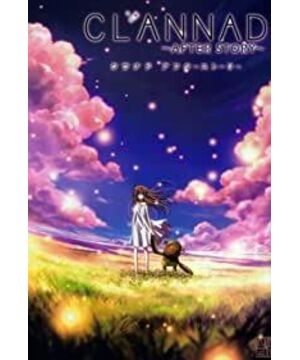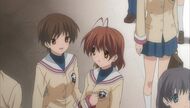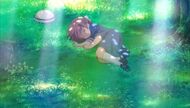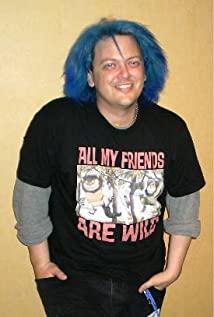If I hadn't played the game, I really didn't understand what the cartoon was doing. Although the animation has always emphasized "light" and "that world", I've always been confused as to how these two things affect the ending. I understand, in a sense, CLANNAD should be regarded as a work of reincarnation, but the animation carrier is not a game. It cannot reflect that the male protagonist has collected Guangyu countless times in reincarnation, so the time of the two worlds passes in parallel. Finally, the collection of Guangyu is completed, and the male protagonist once again Choose to meet Nagisa and trigger the true ending. The last Xio found by Fuzi in the cartoon is the fantasy girl Xiu raised by Qiusheng and Sanae, and the young girl Xio is the Xio raised by Tomiya and Nagisa Furukawa. The last two worlds merged corresponding to the two mentioned by Kotomi in episode 16 of the second season of the animation. The worlds interact with each other and the anime ending merges the two worlds, and my mind lights up the town little by little. As for whether CLANAND's 21-episode BAD END is a dream, it is not a dream objectively, but the lyrics of the OP in the first season indicate that it is a dream, so I interpret it here. Objectively, it is not a dream, It's the girl Xi who sacrificed herself to save the world, and subjectively Tomo has lost the memory of the fantasy world. For [Tomoya], it is a dream, and the male protagonist that the fantasy girl said will leave the fantasy world corresponding to the ending.
Finally, the doubt about the plot of CLANNAD is why it has to be set like an environmental film. In the end, I can only analyze that this film is called the big family of dumplings, but because the town is changing, people are changing, and urbanization makes people weak , the connection has become thin, just like the world in which we are gradually materializing, the feelings are downplayed and the material life is valued. . . . And Guangyu is to let the people in the town get back to their original aspirations and the lost happiness, and the people in the town get back in touch. No matter how the town changes, people must maintain their love, so it’s not an environmental film.
View more about Clannad: After Story reviews











